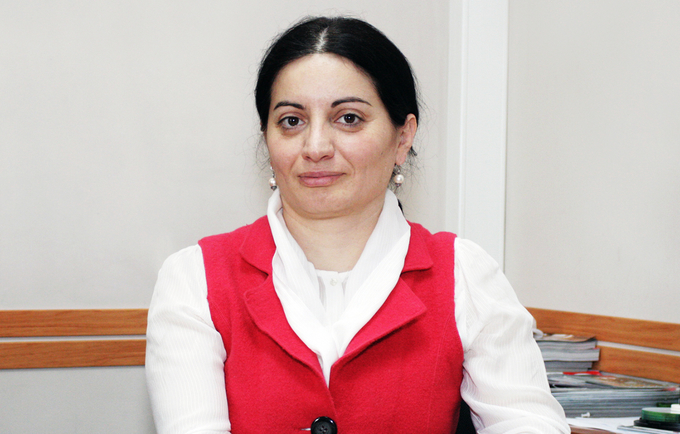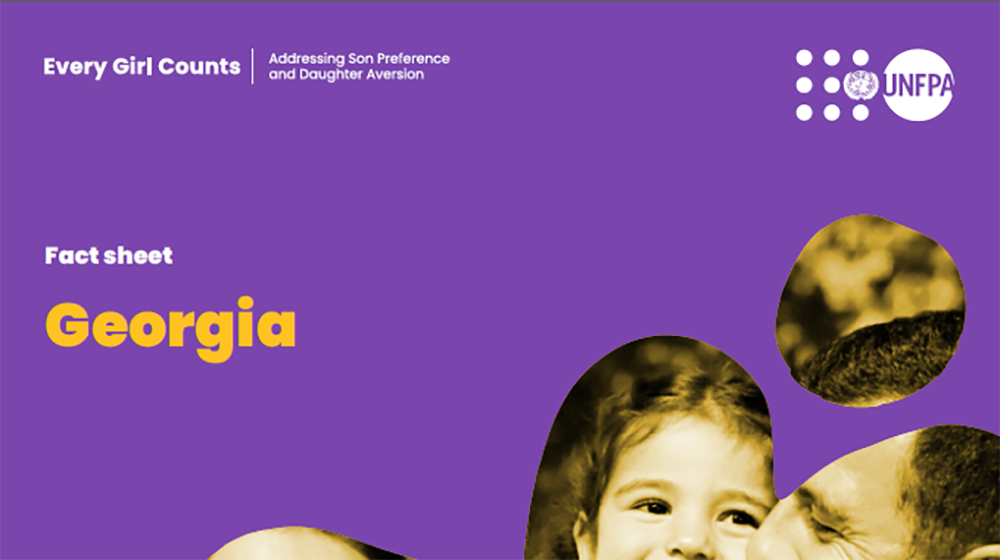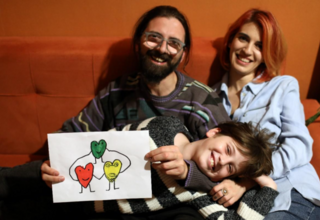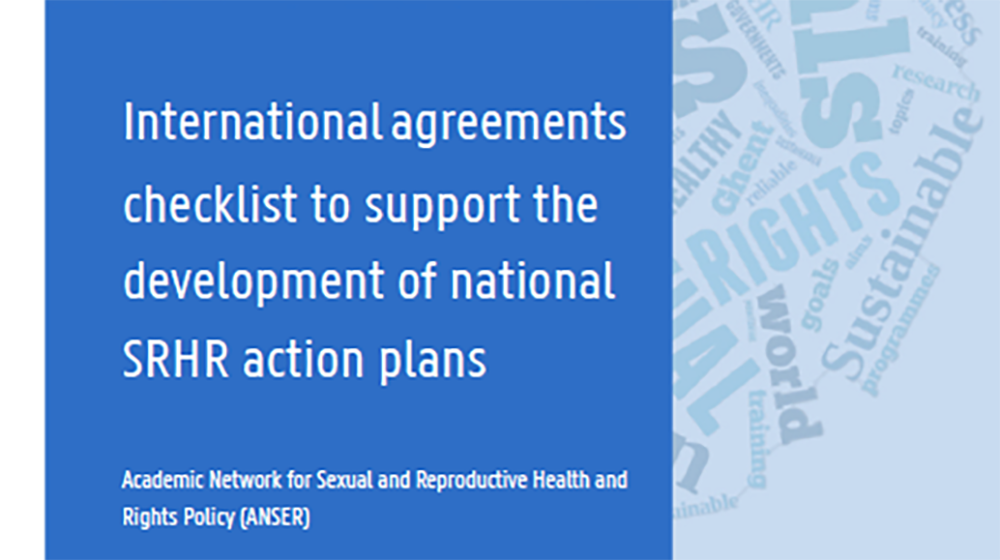TBILISI, Georgia – It wasn’t easy to talk about reproductive health when Lela Shengelia was growing up in Georgia in the 1970s and 1980s. ‘As the joke went back then, “There is no sex in the Soviet Union,”’ the physician-turned-policy-maker says with a laugh.
But reluctance to discuss intimate matters can create serious barriers keeping people, especially adolescents, from the health information they need. And that’s not the only challenge inherited from the past that Georgia is still dealing with today, Shengelia says.
‘Access to healthcare was guaranteed in every region during the Soviet period, but the problem was quality of care – and still is today, particularly in continuity of care,’ says Shengelia, who worked as an obstetrician-gynaecologist in Tbilisi for a dozen years after graduating from medical school in 1998.
‘In some cases antenatal care is given by private providers who do not perform deliveries, and there could be a different care provider once the child is born,’ she explains. ‘The lack of good linkages between these providers is very problematic.’
Hoping to create larger improvements to maternal and child health than she could working with individual patients, Shengelia embarked on post-graduate study in public health, a road that eventually led to her current post as head of maternal and child health at the National Centre for Disease Control and Public Health of Georgia.
Today Shengelia is playing a leading role in developing Georgia’s first national action plan and strategy on maternal, child, and adolescent health – work that she says is influenced by the client-centred, rights-based approach to sexual and reproductive health (SRH) that she observed in Scotland as a 2015 recipient of a UNFPA–EBCOG Professional Development Scholarship.
This annual award, granted by the European Board and College of Obstetrics and Gynaecology (EBCOG) in cooperation with the UNFPA Regional Office for Eastern Europe and Central Asia, facilitates visits by young health professionals from the Eastern Europe and Central Asia region to specialised centres in Europe that offer knowledge, skills, and quality improvement in sexual and reproductive health. Started in 2015, it funds travel and training for two fellows from two different countries each year.
This year, scholarship recipient Andrii Tkachenko of Ukraine travelled to London, where he observed how women’s health care is implemented at St George’s Hospital Medical School. Tkachenko, who heads up the International Cooperation Committee of Association of Obstetricians and Gynaecologists of Ukraine, said he was particularly impressed with the respect shown to ‘patients [and] their rights, privacy, information, and involvement’. UNFPA-EBCOG have already selected a scholarship recipient from Turkey to receive similar opportunities in 2017.
‘The scholarship programme is part of our five-year cooperation with EBCOG on strengthening of institutional capacity to provide quality sexual and reproductive healthcare and universal access in the region,’ says Tamar Khomasuridze, UNFPA Sexual and Reproductive Health Adviser for Eastern Europe and Central Asia.
This cooperation includes training health professionals in the development of guidelines and protocols that meet international standards, and the roll-out of a Russian-language version of a ground-breaking set of European standards of care aimed at improving women’s health outcomes in the region, in addition to the scholarships for health professionals like Shengelia.
‘I believe that in order to contribute to improving sexual and reproductive health in Georgia, it is important to be informed about the latest evidence-based best practices elsewhere in the world,’ says Shengelia. ‘That’s why I wanted to apply for the UNFPA-EBCOG scholarship.’
The scholarship programme funded Shengelia’s travel to Scotland, where she spent time observing the work of the Royal Infirmary of Edinburgh and the Chalmers Sexual and Reproductive Health Centre, including clinics providing youth-friendly SRH services and services to migrants, sex workers, and members of the LGBT community. She says she was very impressed with how all patients were treated with dignity and respect.
‘At one of the clinics, we saw a lot of people who were new migrants to Scotland and they were getting the same services as everyone else; even if you cannot speak English, you can have a translator who can help you,’ she says. ‘Sex workers in Scotland know their rights too; when they need help, if they get abused or have unprotected sex, they know where to go and where to get health services.’
Adolescents in Scotland also ‘receive proper advice and confidentiality’, Shengelia added. ‘They are coming to the clinic because they know the medical professionals there will give consultations without judgement. Of course my country is far from achieving this but I hope it will develop.’
Back home in Tbilisi, Shengelia is now using the knowledge she gained during her time in Scotland as she works with the Ministry of Science and Education on programmes that will offer adolescent health education in schools.
‘Demand is now coming from the grassroots; parents say they can’t talk about these issues with their children and want a teacher or school doctor to do it, someone who is educated in this field and can answer students’ questions properly and professionally, and give them good advice,’ she says.
Shengelia was also impressed by the role played by nurses in Scotland. ‘They have very strong nursing institutions there and nurses are ready to provide consultations to patients, independently of the doctors,’ she says. ‘This is a very cost-effective solution.’
Overall, Shengelia says that her time as an UNFPA-EBCOG fellow was an ‘extremely helpful’ experience that taught her a great amount about policy advocacy, social mobilisation, and empowering communities with specific SRH needs. ‘The accessibility, equality, and responsiveness in the Scottish healthcare system when it comes to sexual and reproductive health can serve as an impressive model for us in Georgia,’ she says.




